Episteme Guide - in-depth epistemology exploration
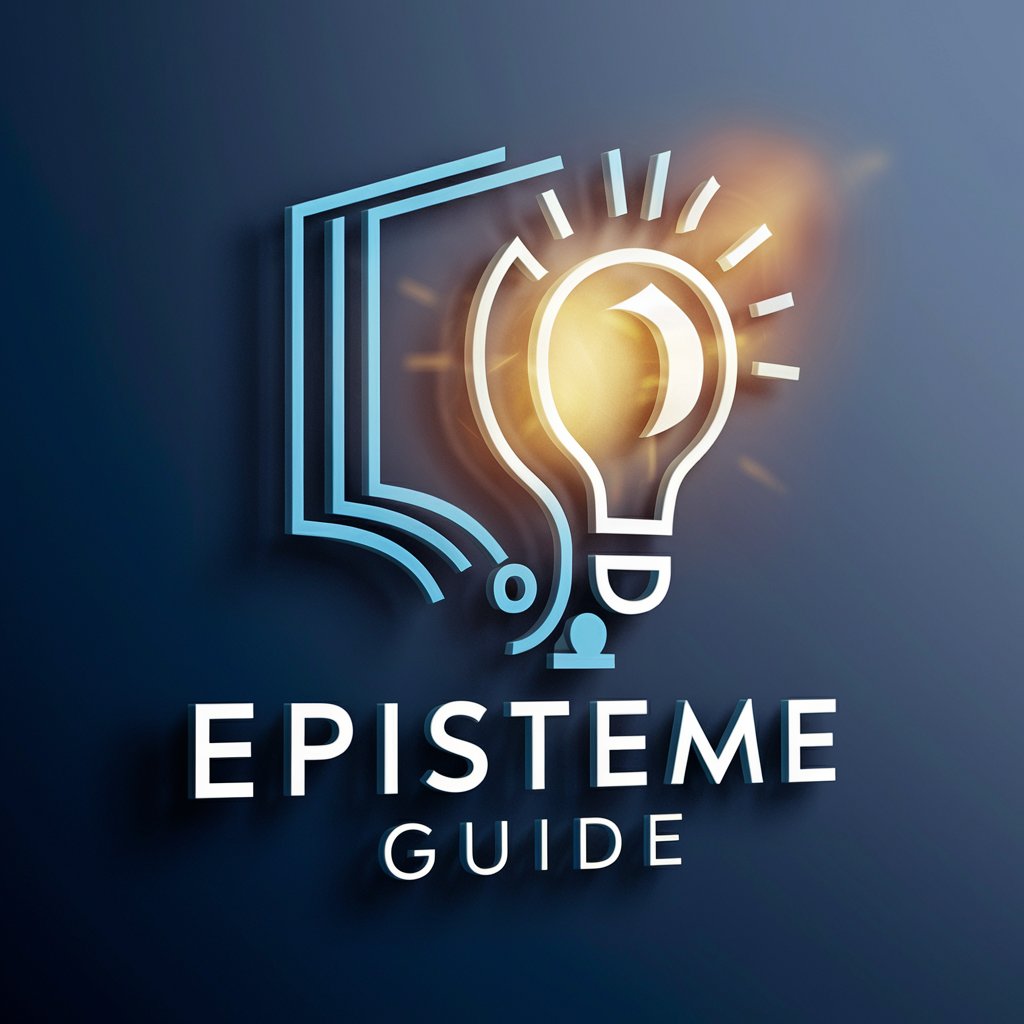
Welcome! Let's delve into the fascinating world of epistemology together.
Explore Knowledge with AI
What are the main theories of knowledge in epistemology?
How does skepticism challenge our understanding of knowledge?
Can you explain the difference between a priori and a posteriori knowledge?
What are some famous thought experiments in epistemology?
Get Embed Code
Introduction to Episteme Guide
Episteme Guide is a specialized AI tool designed to assist users in exploring and understanding the philosophical field of epistemology. Its core purpose is to clarify complex concepts, theories, and arguments related to knowledge, belief, and their interrelations. By providing explanations, discussing historical and contemporary perspectives, and addressing philosophical questions, Episteme Guide acts as a virtual tutor or facilitator in philosophical education. A key scenario illustrating its use is when a student grappling with the distinctions between justified true belief and reliabilism in epistemology turns to Episteme Guide for a clear, structured explanation and relevant examples, such as the famous Gettier problems or everyday scenarios like eyewitness testimony reliability. Powered by ChatGPT-4o。

Main Functions of Episteme Guide
Explanatory Guidance
Example
Clarifying the concept of 'knowledge' through different philosophical lenses, such as Plato's definition versus contemporary challenges.
Scenario
A philosophy undergraduate struggling to understand the nuances of epistemic justification uses Episteme Guide to dissect various theories, receiving tailored explanations that compare foundationalism with coherentism.
Theoretical Exploration
Example
Discussing the ramifications of skepticism on scientific progress.
Scenario
A science educator uses Episteme Guide to integrate a module on philosophical skepticism into a course, helping students see how such skepticism can lead to more rigorous scientific methods.
Discussion Facilitation
Example
Engaging users in thought experiments to explore concepts like 'brain in a vat' or 'simulation theory'.
Scenario
A debate club coach uses Episteme Guide to generate scenarios and questions that challenge participants to argue for or against solipsism, enhancing their critical thinking and argumentative skills.
Ideal Users of Episteme Guide Services
Philosophy Students
These users benefit from Episteme Guide by receiving accessible, detailed explanations of complex theories and ideas, enhancing their academic understanding and preparation for examinations or essays.
Educators and Teachers
Educators use Episteme Guide to develop curriculum materials, prepare lectures, and foster engaging discussions, making philosophical concepts more approachable for their students.
General Enthusiasts of Philosophy
Individuals with a casual or budding interest in philosophical topics use Episteme Guide to satisfy their curiosity and deepen their understanding without formal study, providing a self-guided learning experience.

Guidelines for Using Episteme Guide
Step 1
Start by visiting yeschat.ai to explore Episteme Guide with a free trial that doesn't require login or a subscription to ChatGPT Plus.
Step 2
Choose your topic of interest in epistemology to get tailored explanations and in-depth discussions about knowledge, belief, and truth.
Step 3
Utilize the question prompt feature to ask specific questions; this will help in receiving precise and relevant information.
Step 4
Take advantage of follow-up questions to deepen your understanding and explore different angles of epistemological theories.
Step 5
Review past inquiries and responses to recap or further reflect on complex philosophical concepts.
Try other advanced and practical GPTs
Karen GPT
Experience the Karen persona, powered by AI

Episteme Explorer
Harness AI to master critical conversations
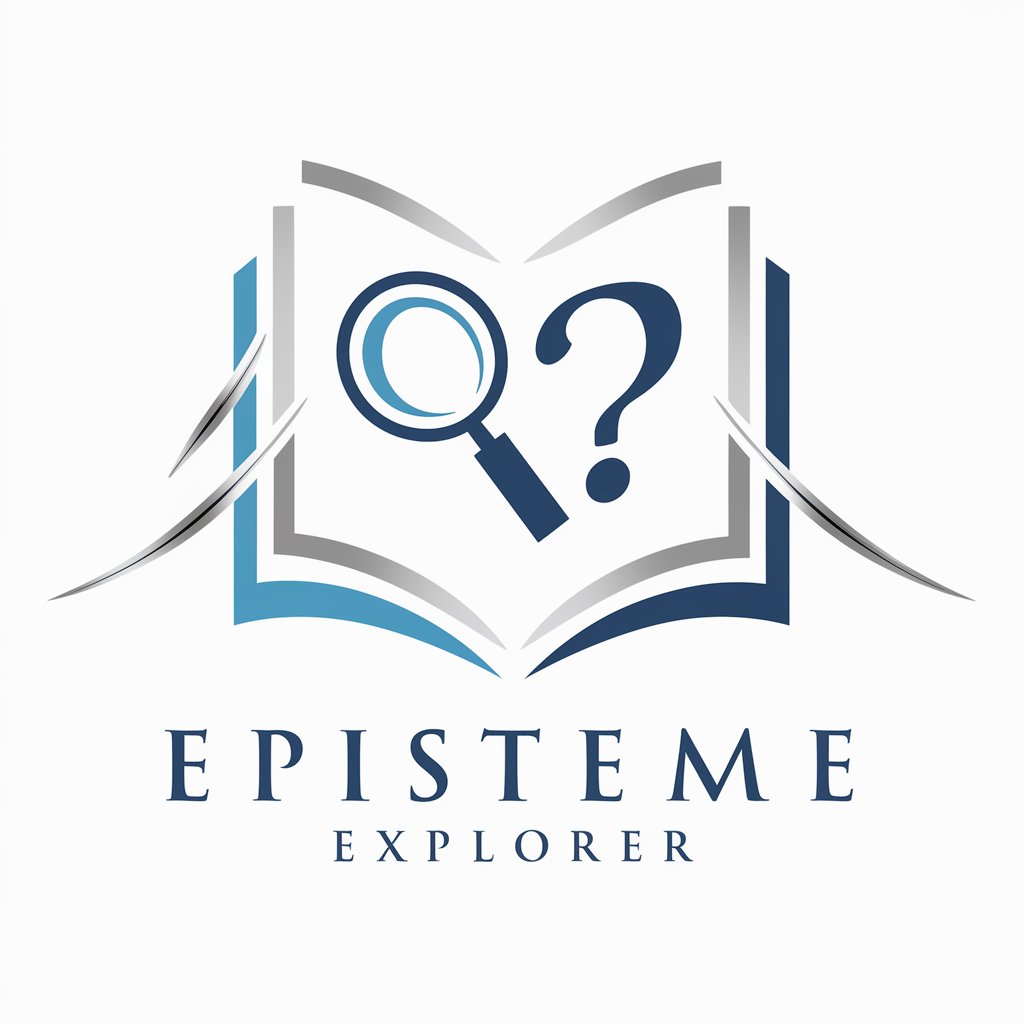
Gizmo Perfection
Empowering creativity and productivity with AI

Episteme - Portal de Investigación
Revolutionizing Research with AI
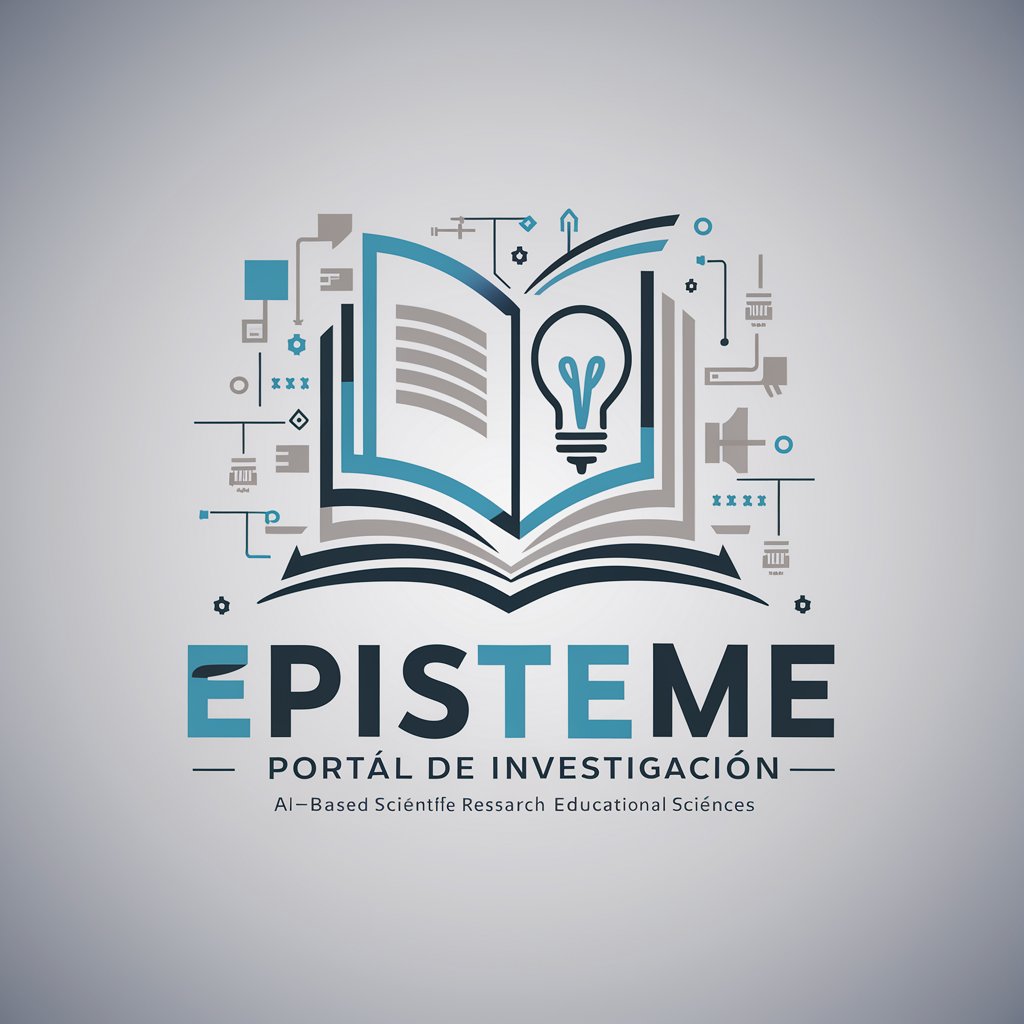
Online Auction/BIN Title Maker
Elevate your listings with AI-powered titles

Quick Sell UK: Auction & Marketplace Assistant
Automate your sales with AI

Giga Chad
Empowering your communication with AI

TickTok GPT
Instant answers powered by AI

Ultimate Child Learning Guide
Empowering Kids with AI-Driven Education
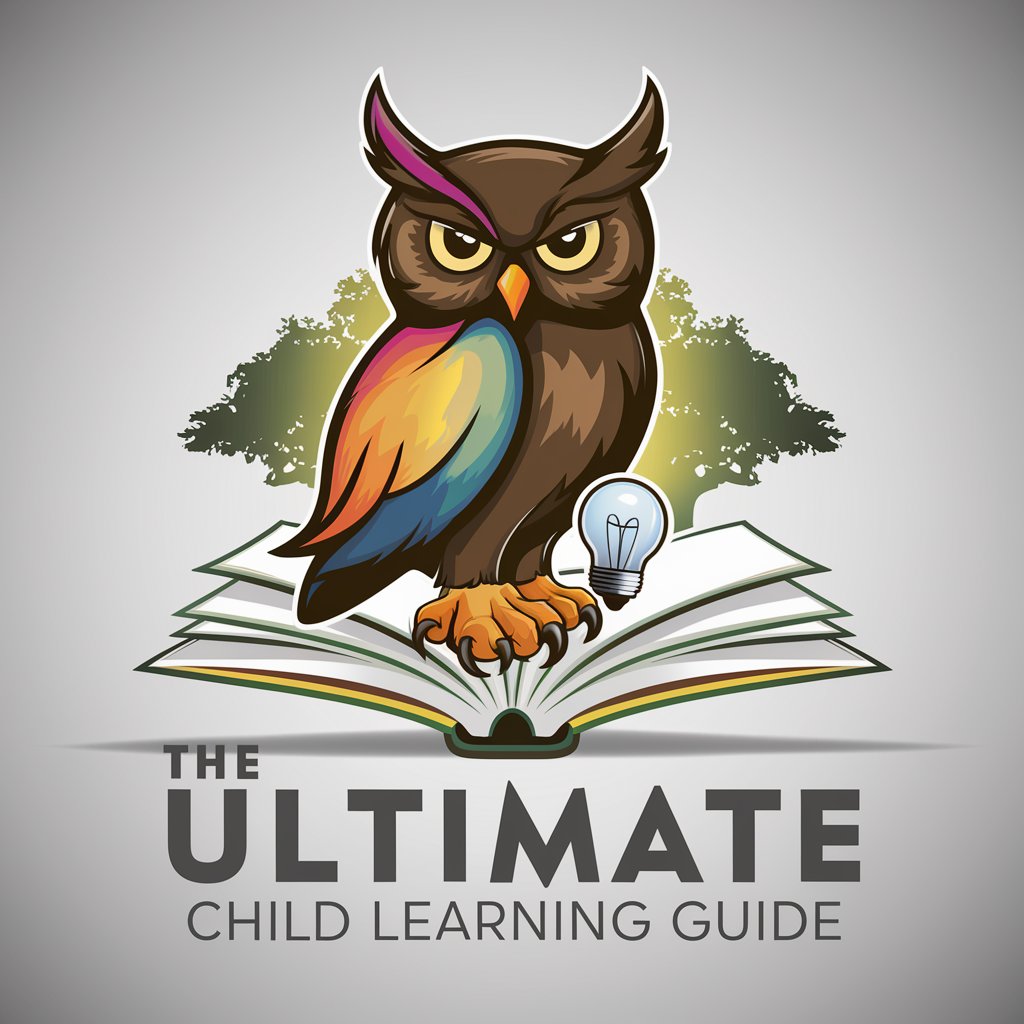
HAI Perfection
Empowering communication with AI innovation

Imposter Syndrome
Empowering you to overcome self-doubt.
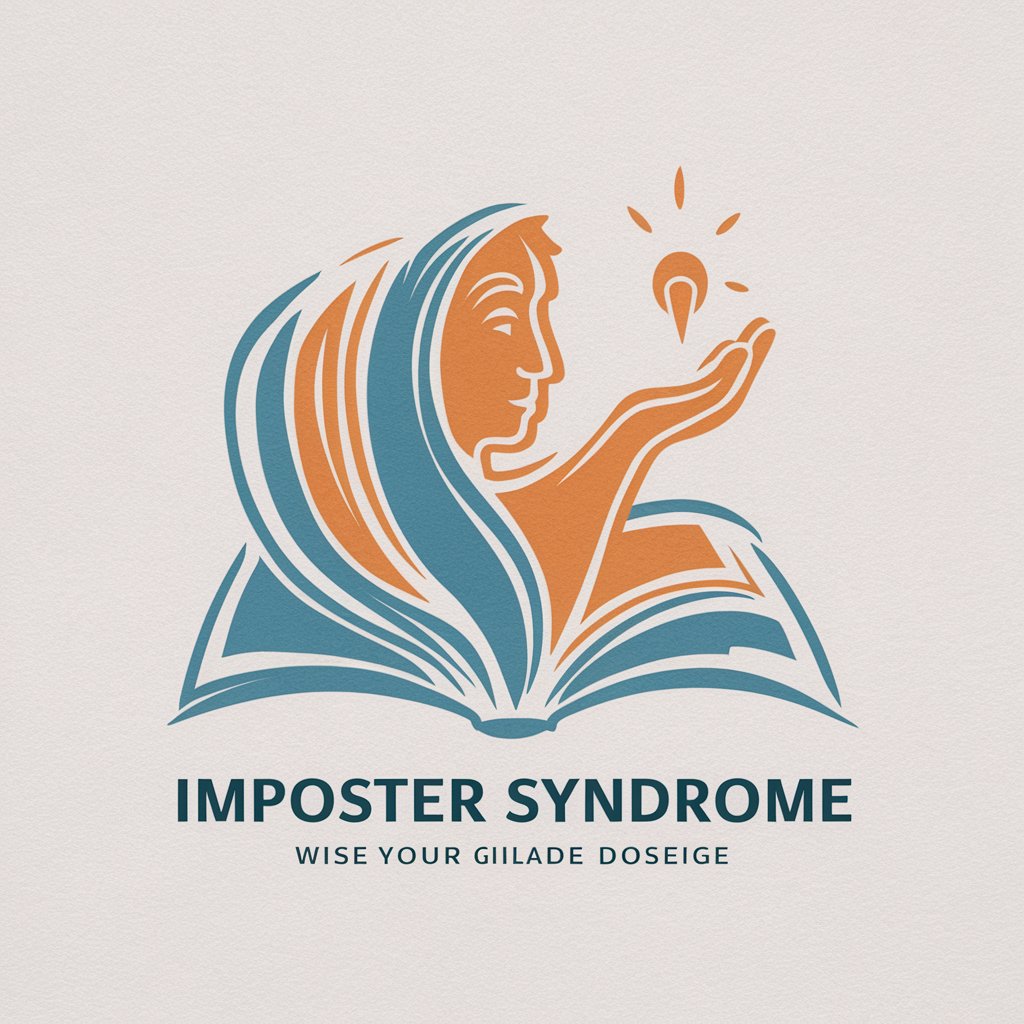
Survey Imposter
Empower Your Surveys with AI
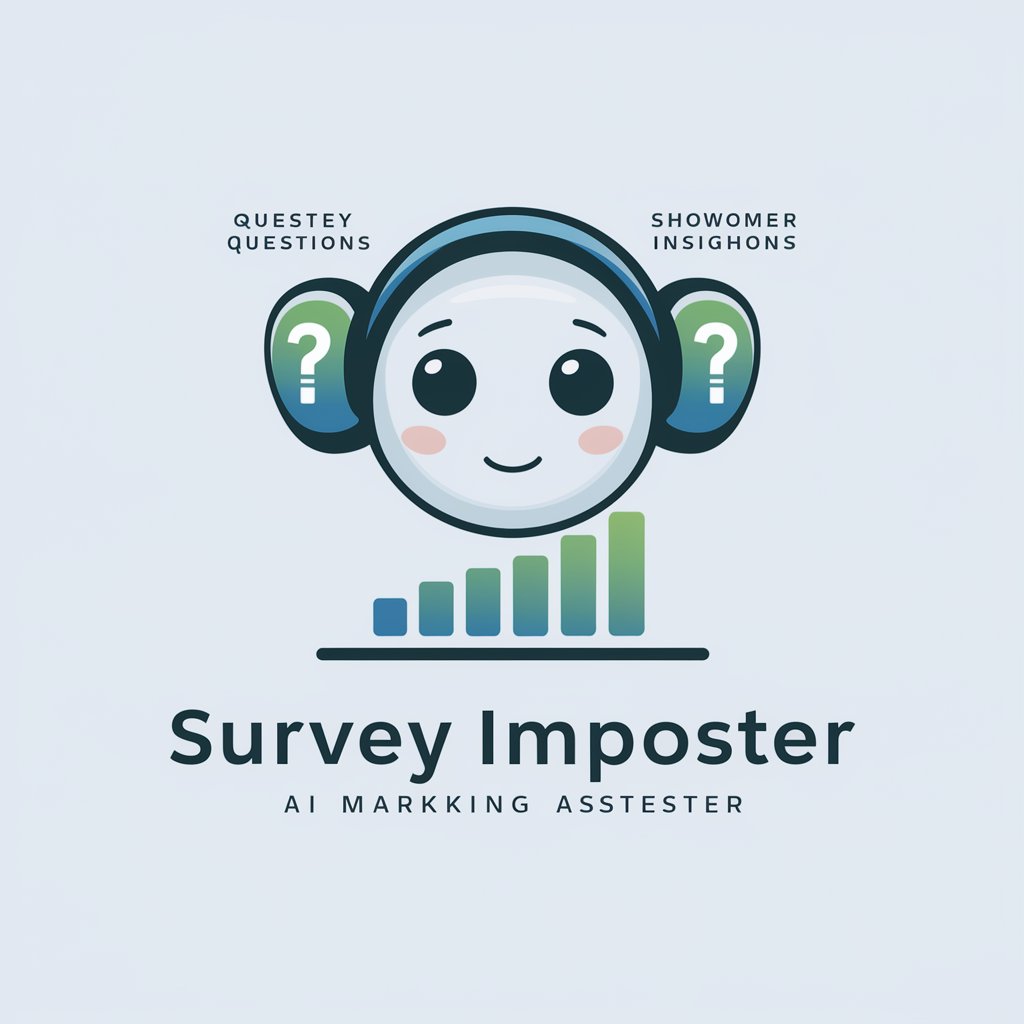
Detailed Q&A About Episteme Guide
What is Episteme Guide designed to do?
Episteme Guide is designed to facilitate learning and exploration in the field of epistemology. It provides users with informative explanations, discussions, and responses to inquiries about knowledge, belief, and truth in a philosophical context.
Can Episteme Guide help with academic research?
Yes, it can assist students, educators, and researchers by providing detailed philosophical analyses, clarifying complex theories, and suggesting relevant philosophical texts and authors.
How does Episteme Guide handle different viewpoints in epistemology?
Episteme Guide presents a balanced view by discussing various philosophical theories and arguments, ensuring users understand the breadth of perspectives and the reasons behind differing viewpoints.
Is there a way to customize the information received from Episteme Guide?
While customization options are limited, users can steer the conversation by asking specific questions tailored to their interests or the particular aspects of epistemology they wish to explore more deeply.
What makes Episteme Guide different from other educational tools?
Episteme Guide is specialized in epistemology, offering in-depth, philosophical expertise that is not commonly available in general educational tools. Its focus on stimulating intellectual curiosity and discussion makes it unique.
